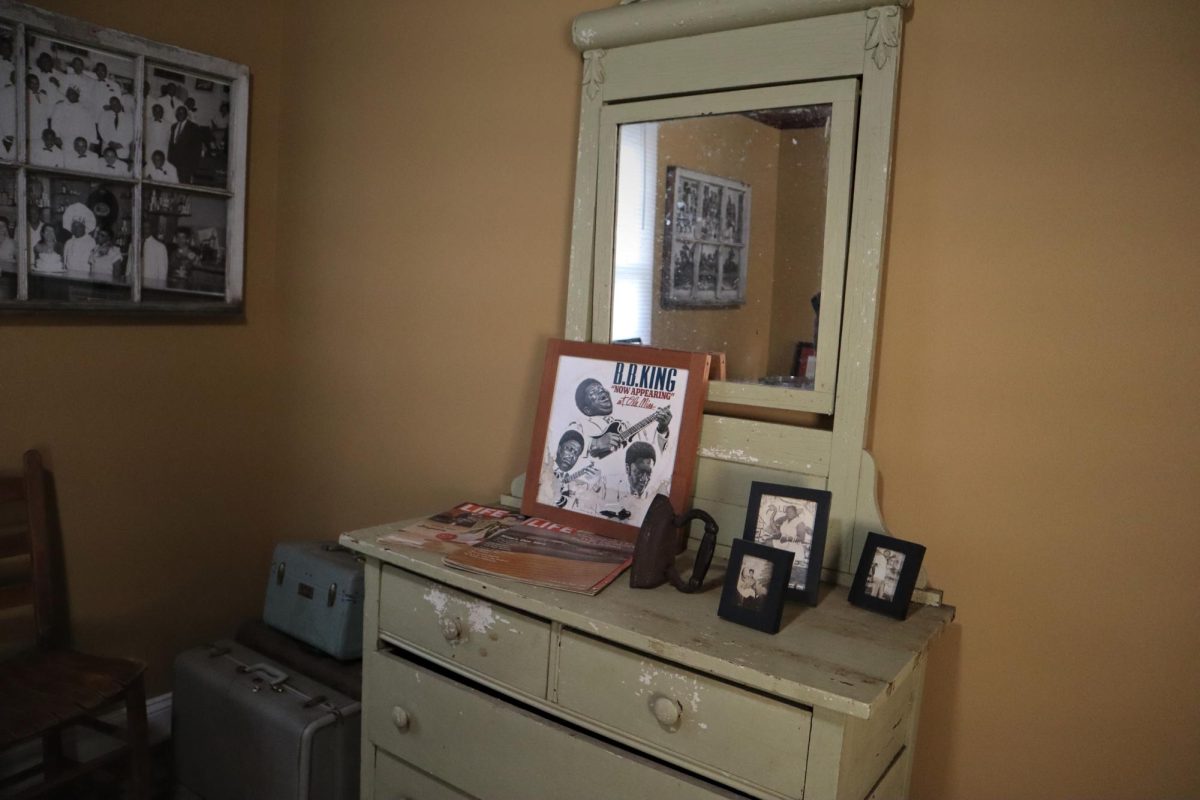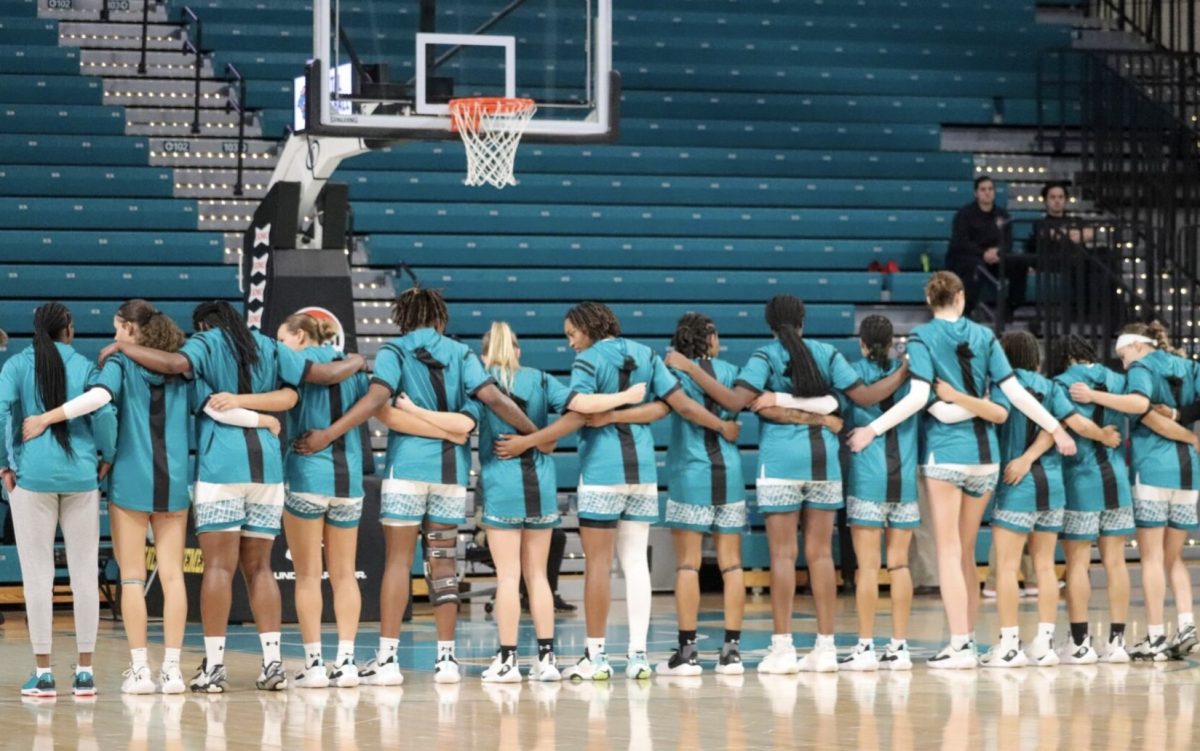Love your clothes longer: How to assess your closet and future purchases
We are surrounded by clothing burdened with dishonorable labor and environmental practices. Ethical shopping can feel discouraging as it poses challenges to the pocket friendly, stylish and aesthetically pleasing variety of looks produced by the fast fashion industry.
The journey to become an ethical shopper can feel like the beginning of veganism. You find yourself in a situation where your favorite treats are now bad for you, and your remaining options are scarce and expensive.
An inviting approach to ethical shopping is to understand the pre-existing value you have for high-quality clothing. You can build this awareness for free by stepping into your closet and examining your current selection.
Do you feel like you have a million clothes, but only five pieces are constantly in rotation? There is probably a reason for that. The tags on your clothing are like nutrition facts on food and reading them will benefit you in the long run.
Fiber content is a good place to start as they retain different properties that impact the performance of your clothes. Zoe Hong, fashion industry expert, advocates for natural fibers such as cotton, wool, linen and silk opposed to plastics such as polyester.
The most applicable difference for those living in the South is the comfort cotton and linen provide in the heat compared to synthetic fibers polyester and nylon. Natural fibers are breathable, soft, and hold their shape over time while synthetic fibers trap moisture and do not absorb sweat creating a breeding ground for bacteria, according to MindsetEco.
Take note of the country where your clothes were manufactured. The process of turning fibers into textiles varies from country to country. Many countries use processes that harm the integrity of the fiber, decreasing its performance capabilities.
The U.S. has regulations on this process as well as labor practices, so an item with a Made in USA tag suggests durability, longevity and morality.
Another tip in identifying a company’s attention to detail is the use of a YKK zipper, Aaron Morino, fashion enthusiast driven to educate men’s fashion, explained in a YouTube video.
“A product using a YKK zipper is an indication the quality is high,” Aaron Morino said. “YKK is largely known as the best zipper out there.”
In my closet, the only clothes with a YKK zipper were either thrifted or so old I couldn’t remember where they came from. I discovered my favorite tops were made from organic cotton in the U.S. Online shopping prevents you from assessing the clothes you’re buying or already have.
Venture out to stores and inspect your garments in person prior to purchasing. Secondhand clothing stores are an excellent option to access high quality clothes at inexpensive prices.
If you are still drawn to the flashy styles of trendy clothing brands, try on the clothes in stores before buying. Loose threads, jagged seams, and inconsistent tension in stitching are all signs that piece lacks integrity. Be wary of expensive clothing consisting of synthetic fibers.
As you begin to invest in the quality of your clothes, the decisions you make in purchasing will begin to reflect that of an ethical shopper. Pursue new purchases that reflect quality and quantity in the years they last.














